
The role of diagnostics in tackling AMR and sepsis
CLINICAL24
Antimicrobial resistance (AMR) and sepsis are among the most pressing challenges in modern healthcare, with infections that were once easily treatable now posing life-threatening risks. Accurate and timely diagnostics are at the heart of the fight against these threats, enabling clinicians to identify pathogens, determine their susceptibility to treatment, and implement targeted therapies. From rapid antimicrobial susceptibility testing (AST) to advanced molecular tools, innovative diagnostic solutions are reshaping clinical decision-making, improving patient outcomes, and supporting global efforts to curb the spread of resistant infections. This feature explores how diagnostics are driving the next wave of innovation in managing AMR and sepsis, highlighting real-world applications, emerging technologies, and the critical role of laboratories in safeguarding public health.
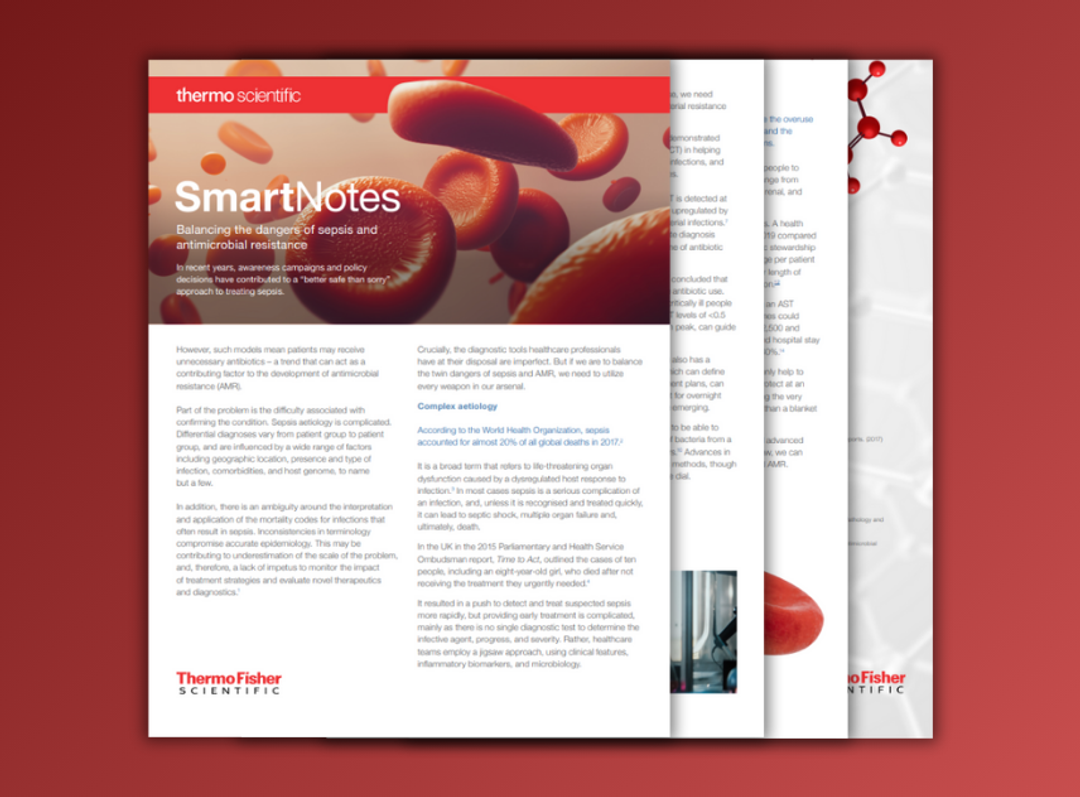
In recent years, awareness campaigns and policy decisions have contributed to a “better safe than sorry” approach to treating sepsis. This means patients may receive unnecessary antibiotics, a trend that can act as a contributing factor to the development of antimicrobial resistance. In this application note, Thermo Fisher Scientific outlines the complex etiology of sepsis and the importance of stewardship, biomarkers, and advanced diagnostics in its treatment.
Download resource
Join Dr. James A. McKinnell, M.D., an infectious disease specialist, to learn how accurate minimum inhibitory concentration (MIC) data can speed up turnaround times, optimize treatment decisions, and support the use of new treatments. Discover how antimicrobial stewardship is most effective when backed by timely diagnostics and collaboration among microbiologists, clinicians, stewardship teams, and policymakers, helping tackle the global challenge of antibiotic resistance in the post-COVID era.
Register here
Antimicrobial resistance is fueling a global health crisis, making infections that were once easily treated increasingly difficult to manage. In this Thermo Fisher guide, discover a systems-based approach to tackling AMR, with insights into the key pathogens driving multidrug-resistant organisms (MDROs) and practical strategies for screening, detection, and testing. Gain practical guidance designed to support healthcare professionals and laboratories in addressing this growing challenge.
Download resource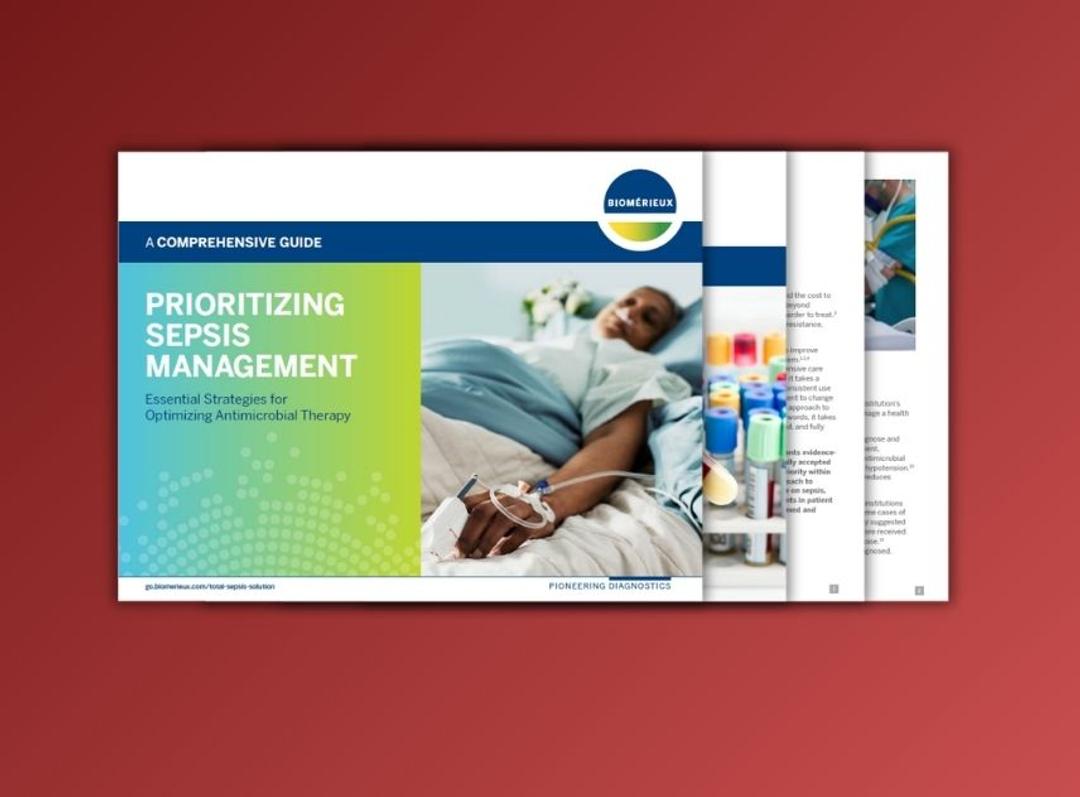
In this comprehensive guide, bioMérieux examines the challenges posed by sepsis, presents evidence-based strategies to address the crisis, describes a nationally accepted infrastructure for establishing sepsis management as a priority within healthcare systems, and promotes a complementary approach to antimicrobial stewardship.
Download guide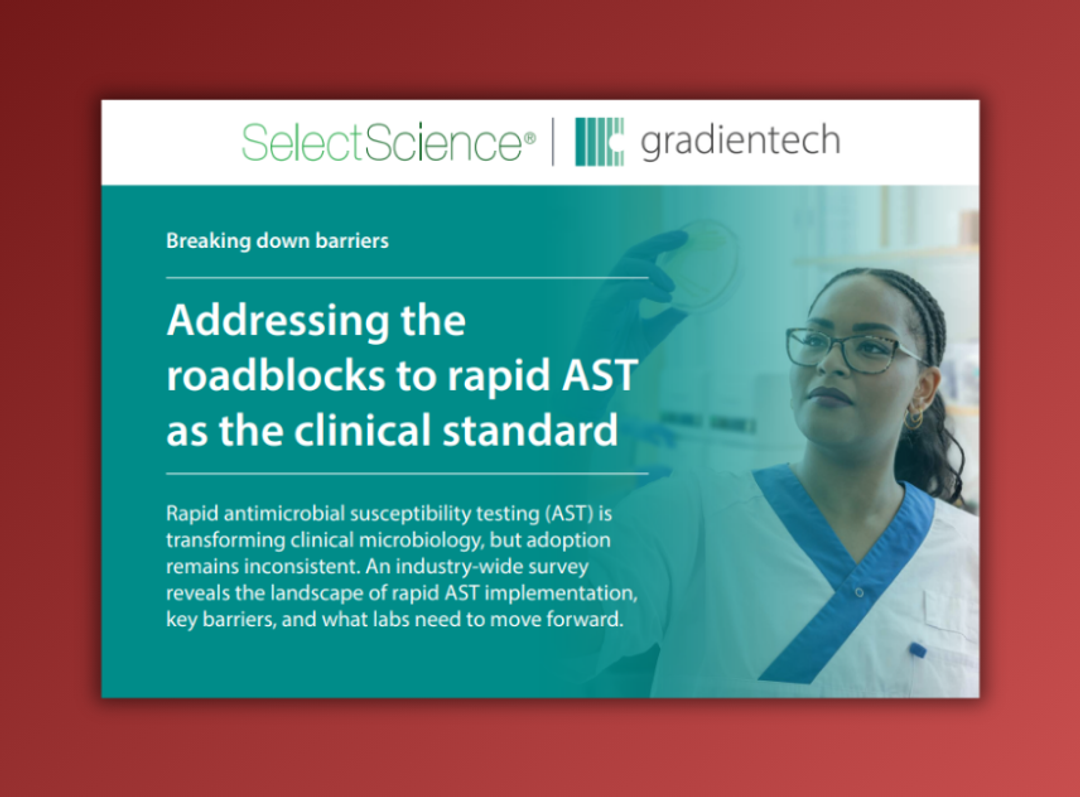
Rapid antimicrobial susceptibility testing is changing how labs tackle antimicrobial resistance, but adoption still varies. This infographic highlights the current landscape, key barriers, and what labs need to implement ultra-rapid AST effectively. Discover how innovation is driving faster, more precise sepsis management and the steps needed for successful adoption in clinical microbiology.
Download resource
Stacey A. Rizza, M.D. Mayo Clinic, discusses key developments in clinical microbiology, including how HIV causes damage beyond immune cells, the shift toward patient-collected samples, and how labs are applying machine learning to predict outbreaks and resistance. Rizza’s insights reflect a growing need for labs to adopt new diagnostic models while remaining grounded in public health outcomes.
Read interview
The early detection of sepsis, systemic inflammatory response syndrome (SIRS), and septic shock, conditions that can escalate quickly and often prove fatal, may now be achievable with greater speed and accuracy thanks to AI-powered hematology analyzers like HORIBA’s Yumizen H2500 and Yumizen H1500 series. Shubham Rastogi, Medical Field Leader at HORIBA tells us more.
Read interview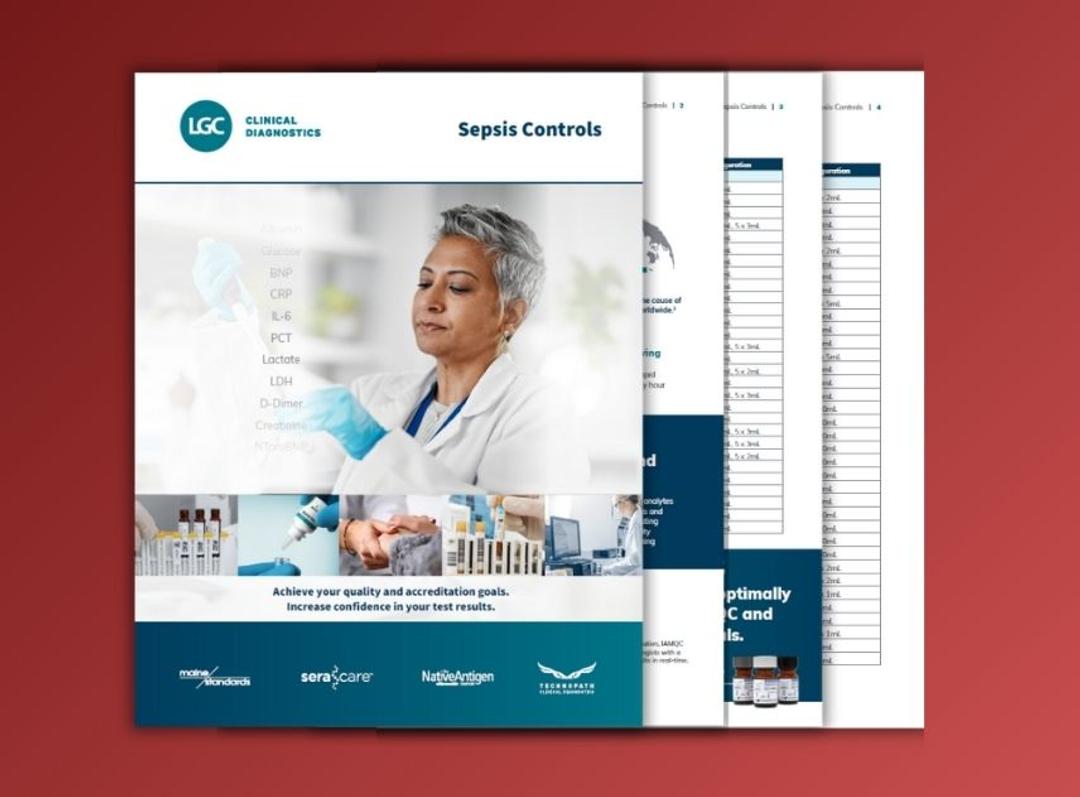
The successful screening of sepsis biomarkers is vital for rapid detection and life-saving treatment. In this brochure, LGC Clinical Diagnostics presents its comprehensive portfolio of Sepsis Quality Controls and Calibration Verification/Linearity materials, offering a broad menu of analytes designed to cover the commonly required sepsis-related biomarkers.
Download resource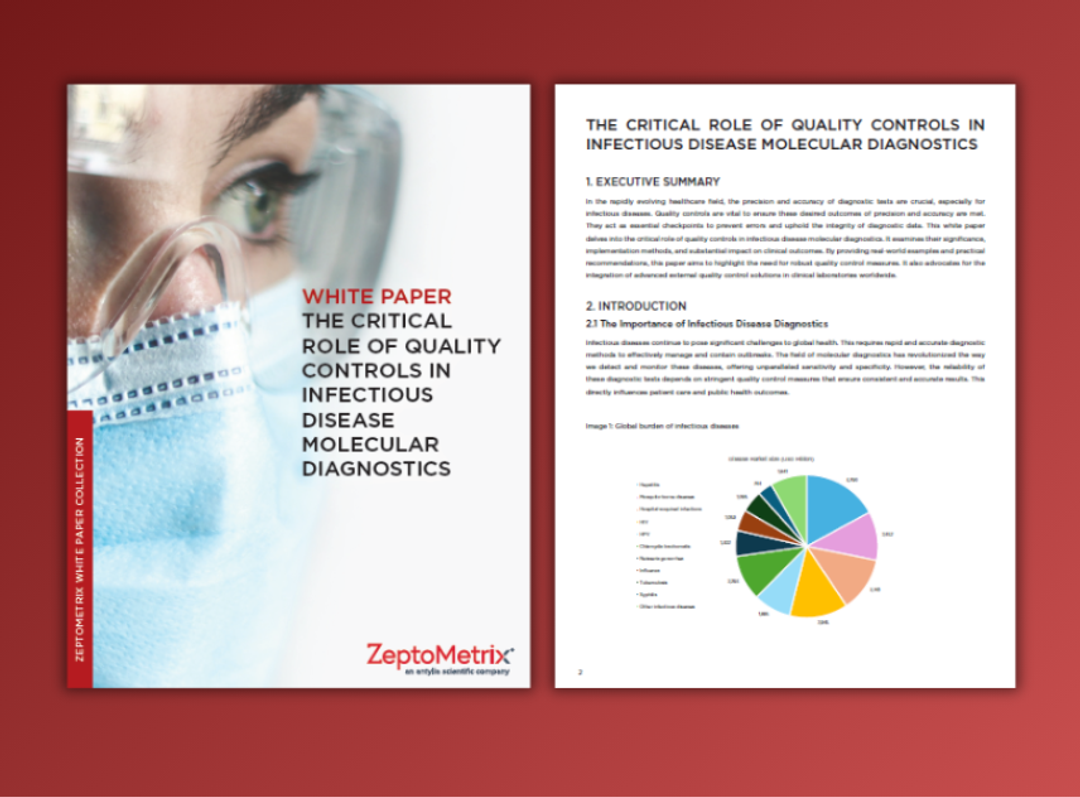
This whitepaper from Zeptometrix explores the essential role of quality controls in infectious disease molecular diagnostics. It highlights how robust QC strategies improve test accuracy, reduce errors, and enhance clinical outcomes. Practical guidance and real-world examples support the integration of advanced external QC solutions in labs.
Download whitepaper



